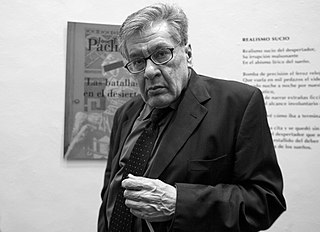A Quote by Jose Emilio Pacheco
The novel since its origins has been the privatization of history... the history of private life ... and in that sense every novel is an historical novel.
Quote Topics
Related Quotes
The field of the novel is very rich. If you're a composer, you're well aware of the history of composition, and you are trying to make your music part of that history. You're not ahistorical. In the same way, I think, if you write now, you are writing in the historical context of what the novel has been and what possibilities it has revealed.
I do like the idea of the novel of repressed college students being a contemporary novel of courtship! I guess what I would say to that is, we tend to think of historical periods and historical mores as ending a lot more concretely than they do. Like, in an Austen novel, there are lots of reasons - cultural, moral, religious - why the characters don't have sex during courtship. Maybe, even though those reasons have kind of expired, historically, they're still around in some sense.
In 1965, when I was fourteen, I read my first adult novel; it was a historical novel about Katherine of Aragon, and I could not put it down. When I finished it, I had to find out the true facts behind the story and if people really carried on like that in those days. So I began to read proper history books, and found that they did!
But to be perfectly frank, this childish idea that the author of a novel has some special insight into the characters in the novel ... it's ridiculous. That novel was composed of scratches on a page, dear. The characters inhabiting it have no life outside of those scratches. What happened to them? They all ceased to exist the moment the novel ended.







































